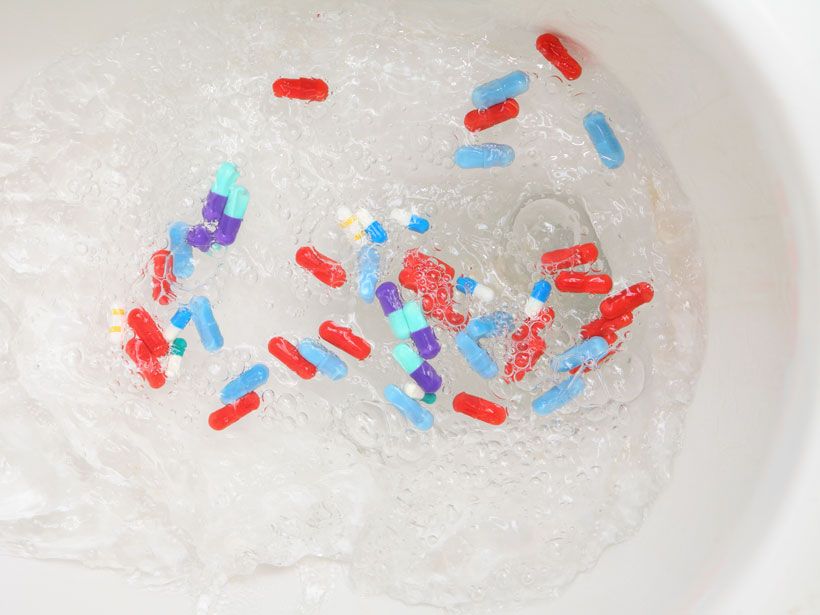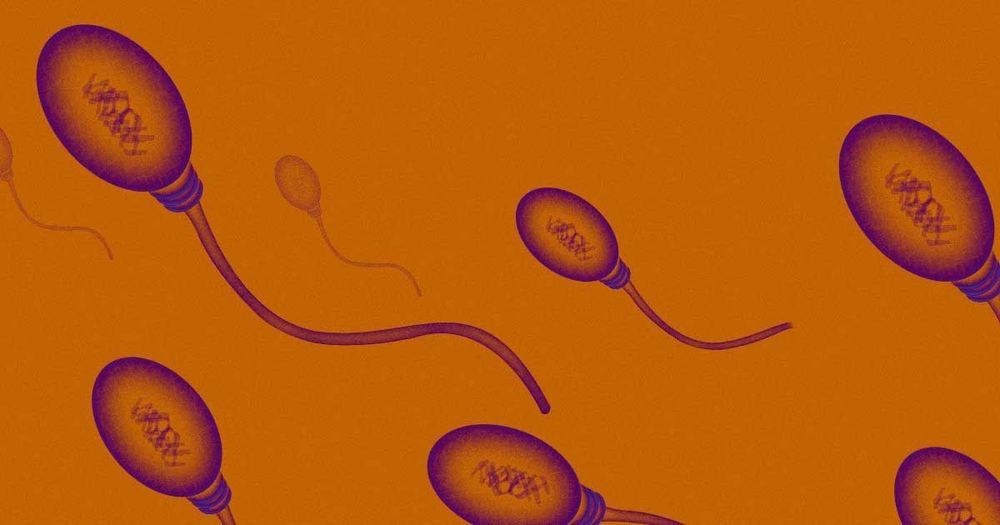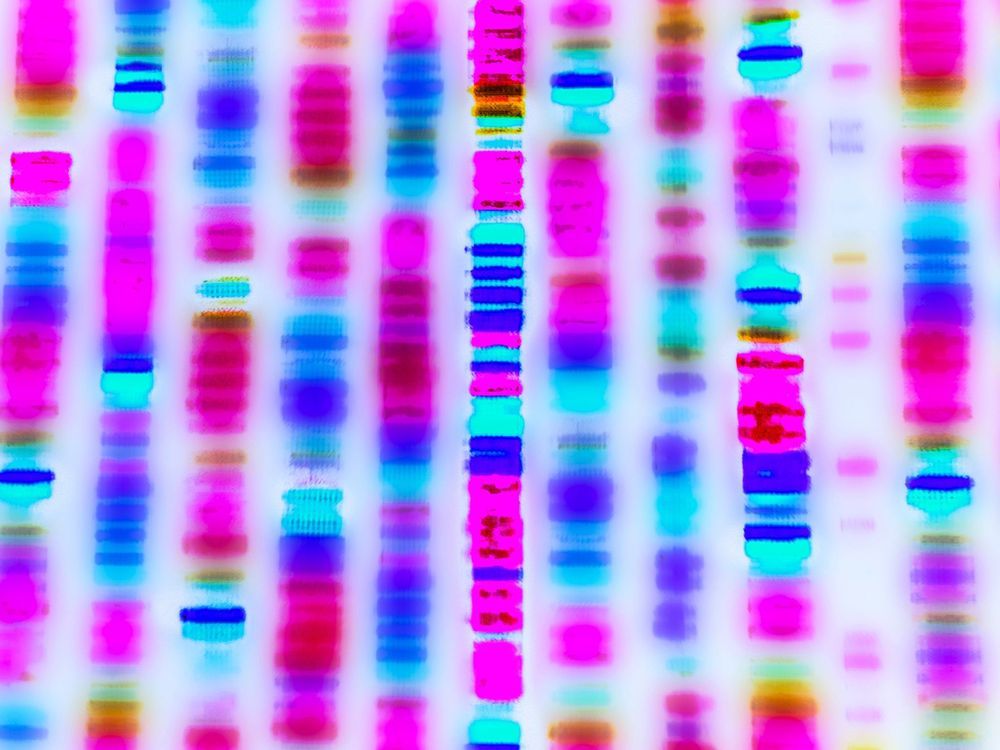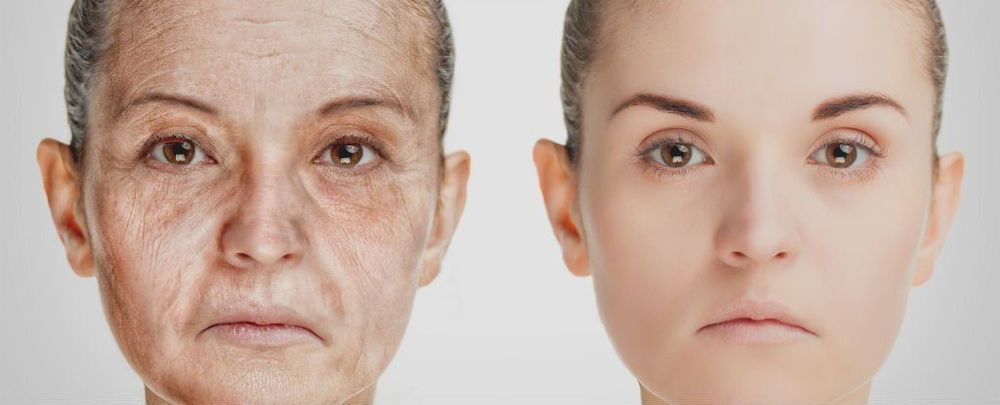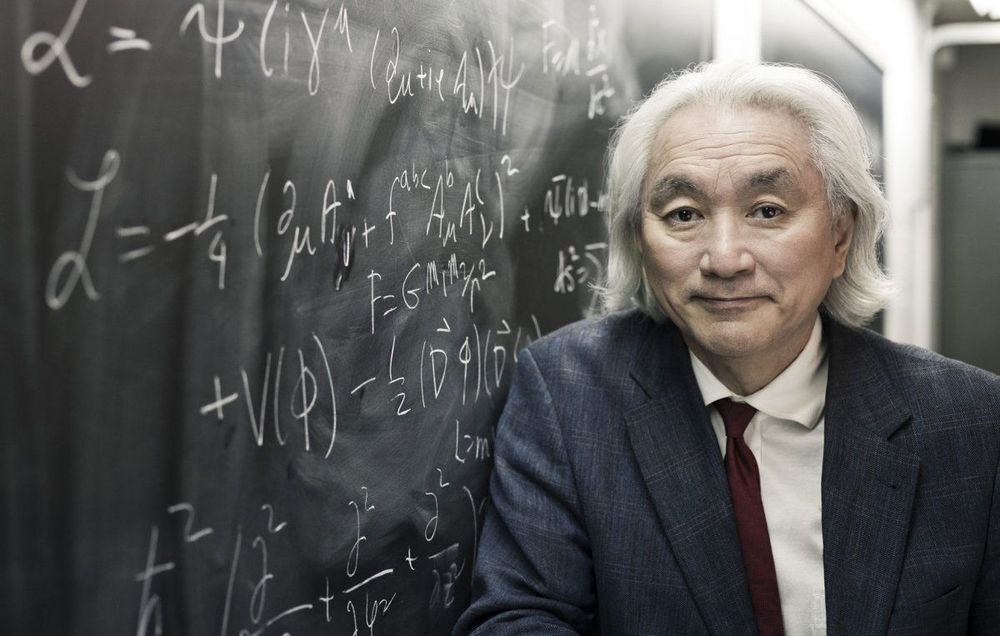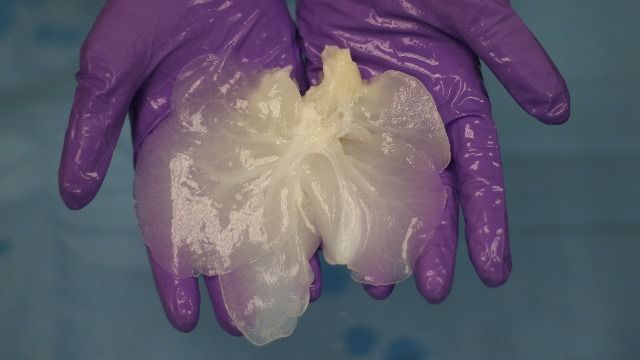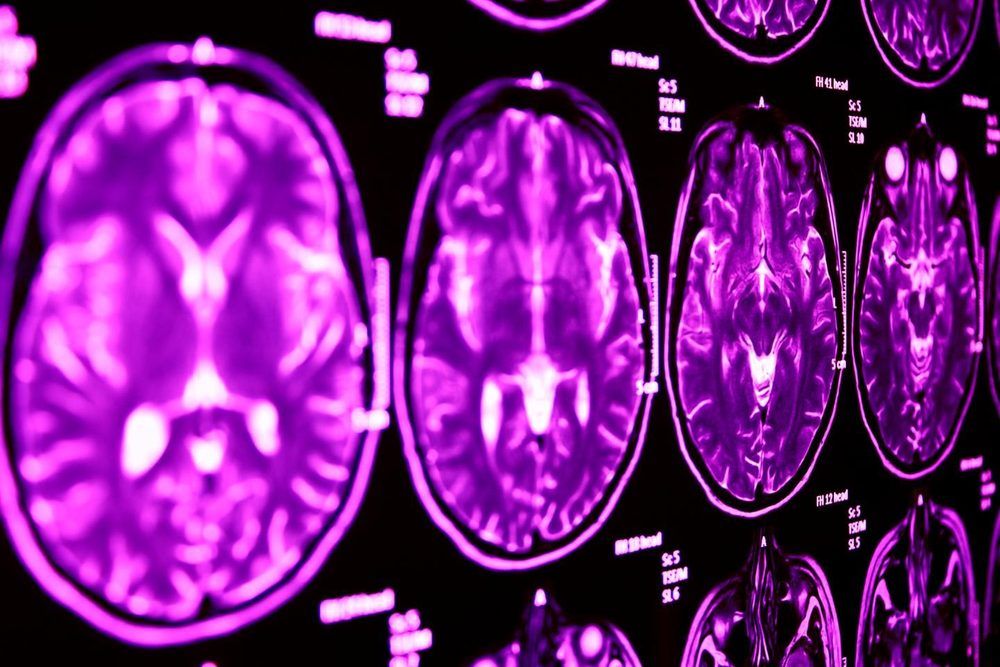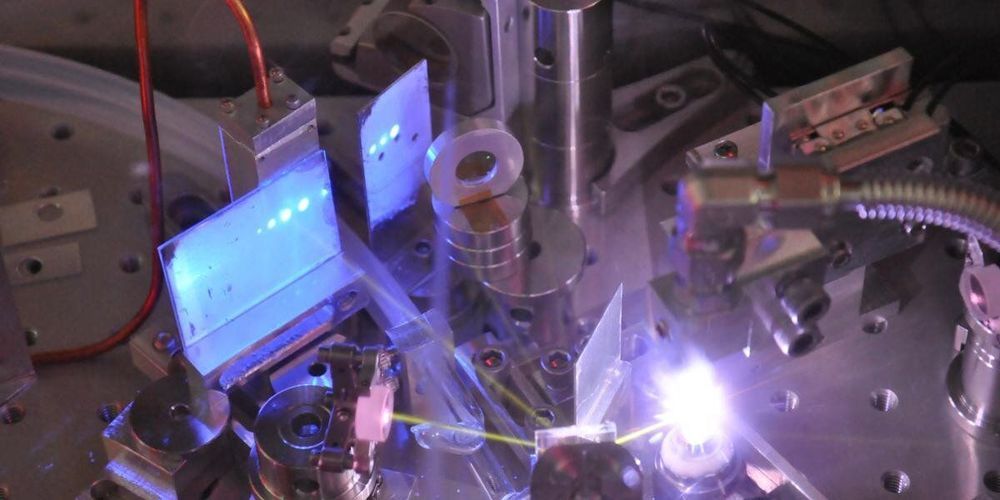
For the first time, researchers have been able to record, frame-by-frame, how an electron interacts with certain atomic vibrations in a solid. The technique captures a process that commonly causes electrical resistance in materials while, in others, can cause the exact opposite—the absence of resistance, or superconductivity.
“The way electrons interact with each other and their microscopic environment determines the properties of all solids,” said MengXing Na, a University of British Columbia (UBC) Ph.D. student and co-lead author of the study, published last week in Science. “Once we identify the dominant microscopic interactions that define a material’s properties, we can find ways to ‘turn up’ or ‘down’ the interaction to elicit useful electronic properties.”
Controlling these interactions is important for the technological exploitation of quantum materials, including superconductors, which are used in MRI machines, high-speed magnetic levitation trains, and could one day revolutionize how energy is transported.
